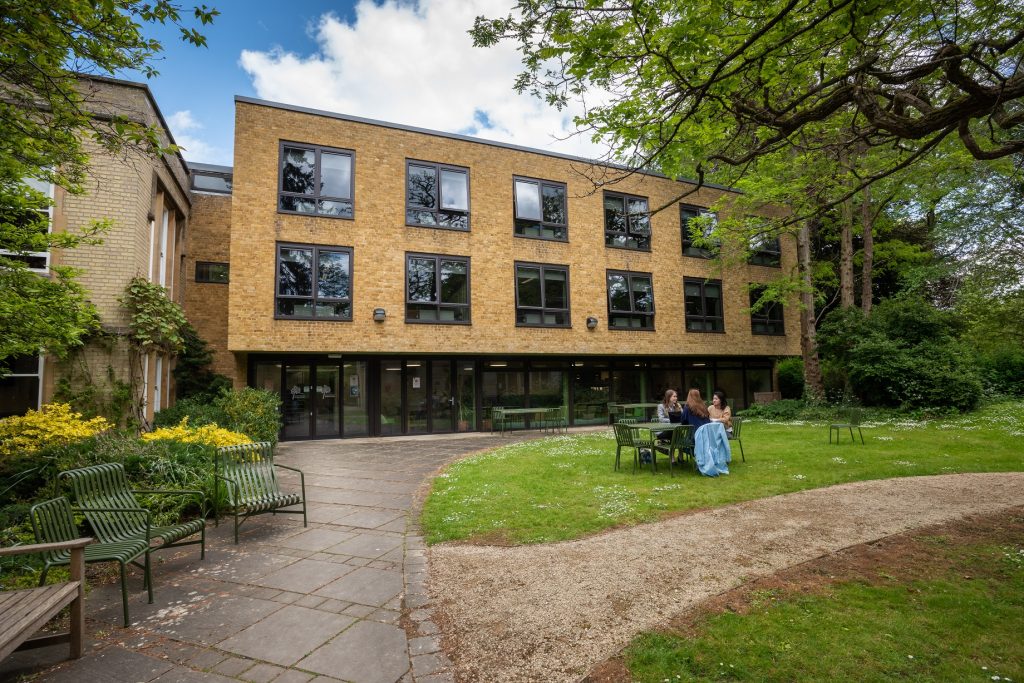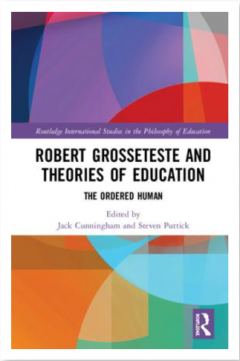The Project
The MEDiC project explores epistemic cognition, and its development, in medical and healthcare-related professionals.
What happens when healthcare practitioners begin to learn about educational research? Doctors and other healthcare professionals are skilled at evaluating academic and clinical literature to inform their clinical practice. They know how to discern the quality of research studies and what conclusions can be warranted based on different forms of evidence. However, when enrolled in an MSc in Medical Education, they are thrust into a new discipline. We are curious about the problems and possibilities posed in this situation. Navigating an unfamiliar discipline can be challenging, but it is crucial for educators and educational researchers to do so to inform their educational practice.
Epistemic cognition refers to an individual’s thinking about the nature of knowledge and knowing. This cognition can be discipline-specific, with specific beliefs and thought processes differing across disciplines. But how does epistemic cognition in one discipline (e.g., medicine) influence or challenge epistemic cognition in another discipline (e.g., education)? For instance, what do our postgraduate medical education students believe about what knowledge is useful for clinical practice and the standards of evidence for such knowledge? How do these beliefs compare with or influence what they value as useful knowledge in education or the standards of evidence in educational research? This could include their views on what criteria or standards they use to evaluate the certainty or quality of evidence, how they investigate the reliability of claims, and how they adapt these criteria for different disciplines and environments.
The first phase of this project seeks to determine the epistemic cognition and potential development of postgraduate medical and health professions education students through the development and piloting of a MEDiC (Medical Education Disciplines in Comparison) questionnaire, followed by semi-structured interviews. These explorations will be complemented by interviews with academic staff involved in teaching and supervising these postgraduate students.
We aim to understand which aspects of the MSc in Medical Education support students’ navigation between disciplines and what elements of the program present challenges due to this navigation. This understanding will help us, and other designers of medical educator education programs, better support the development of medical educators.
















